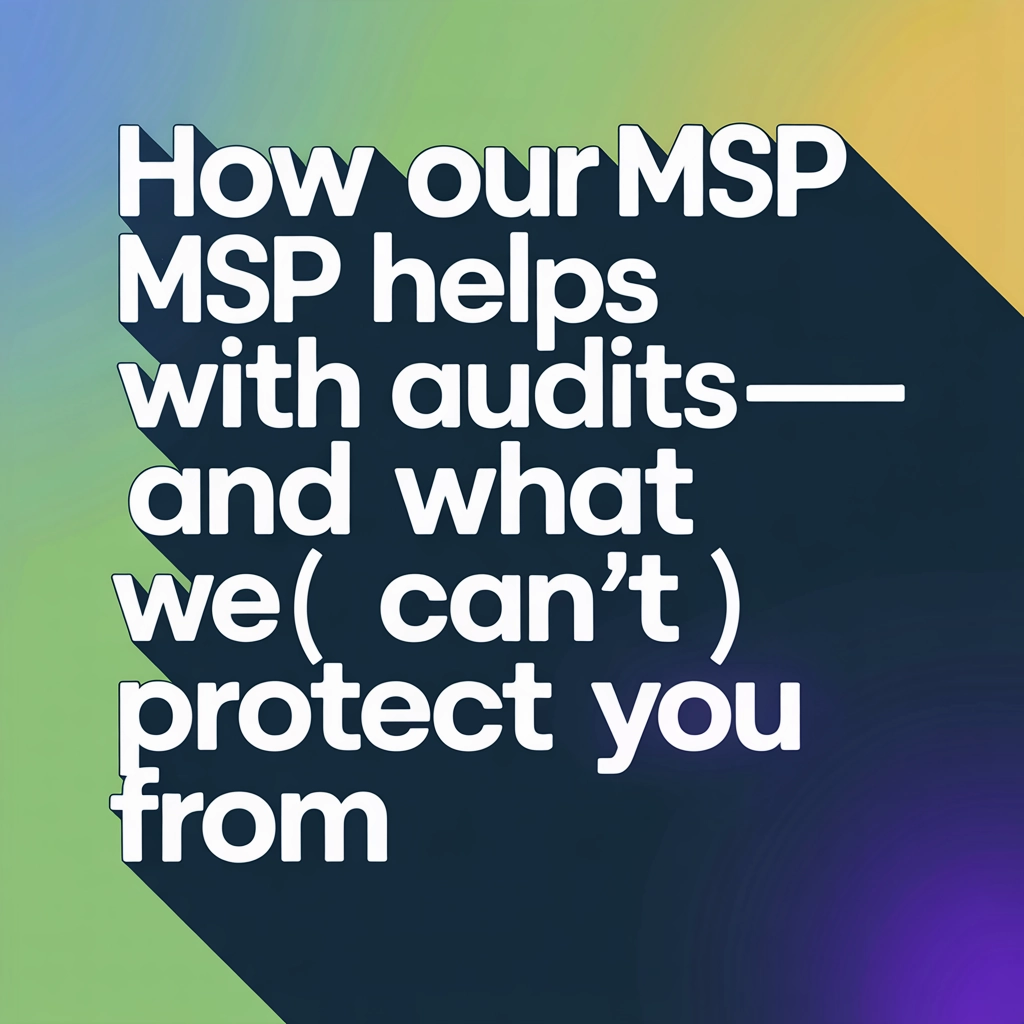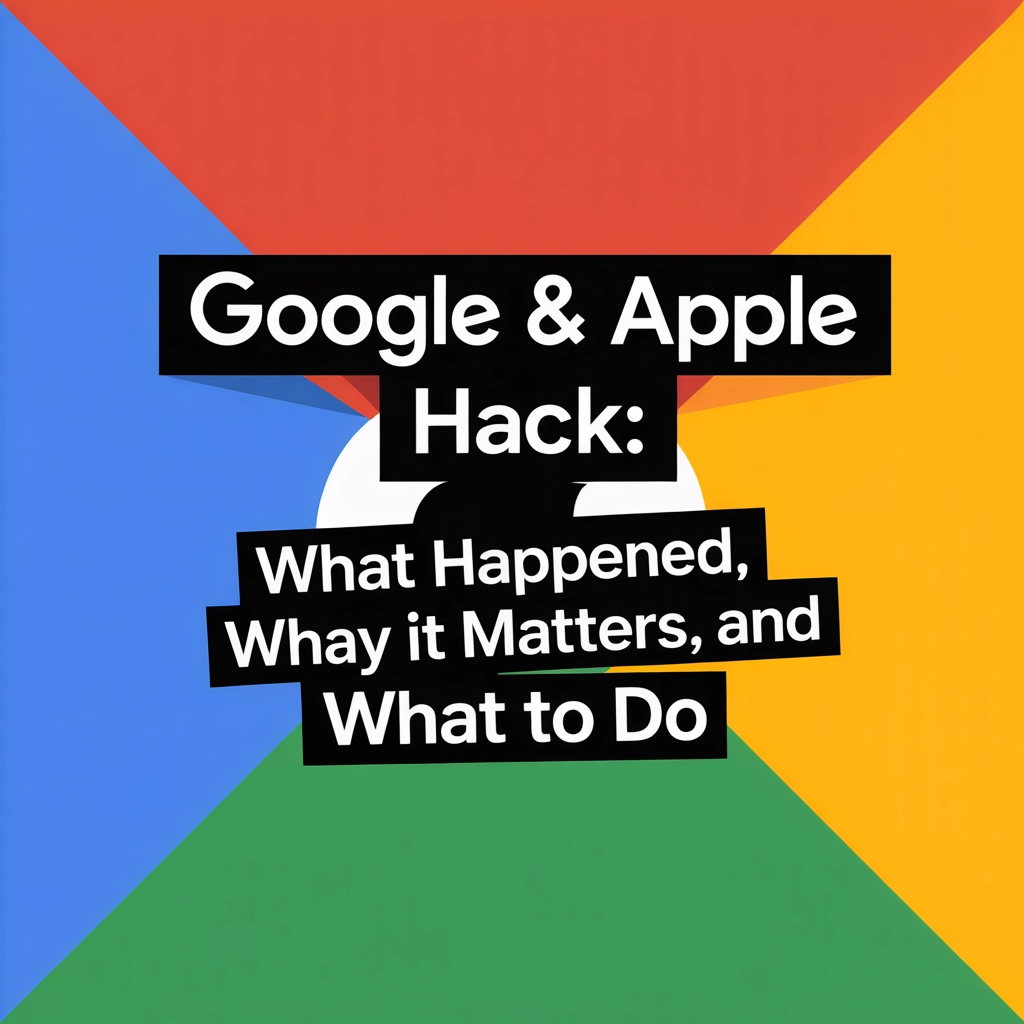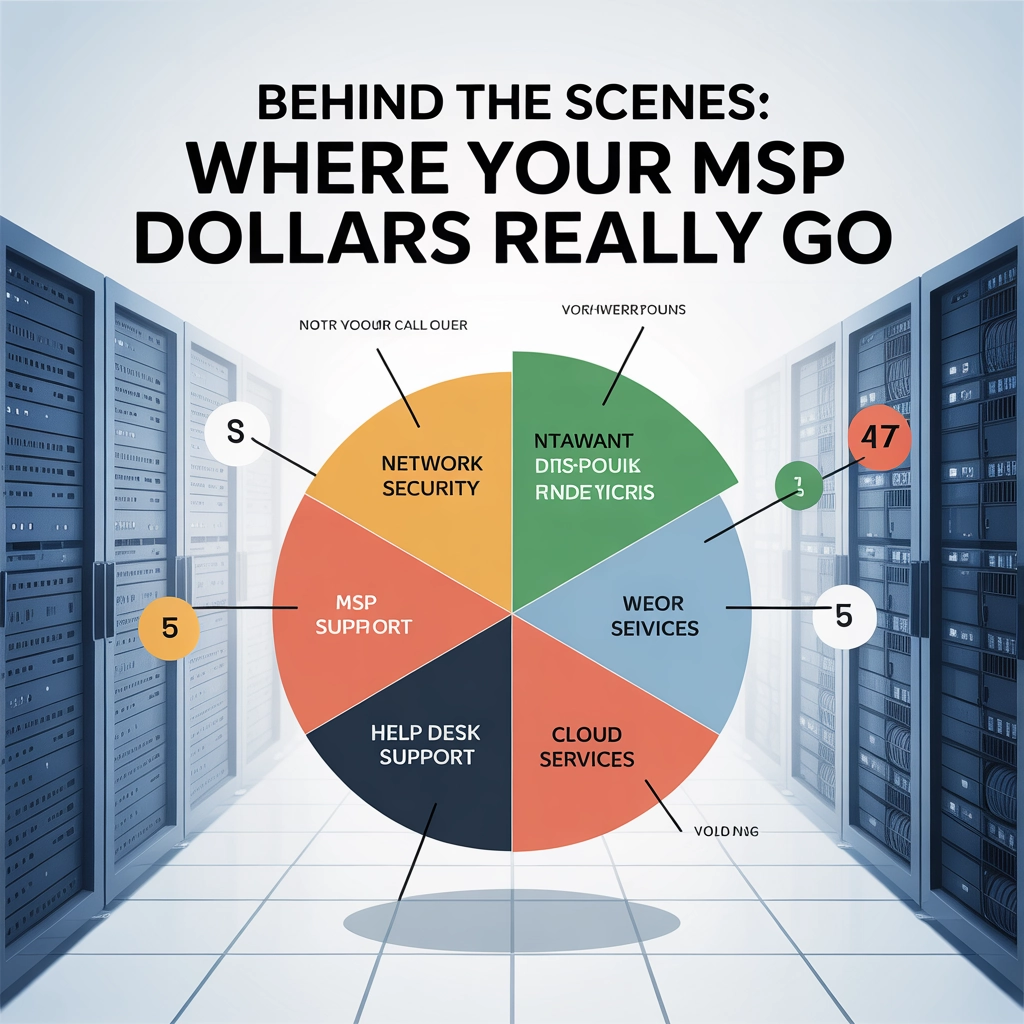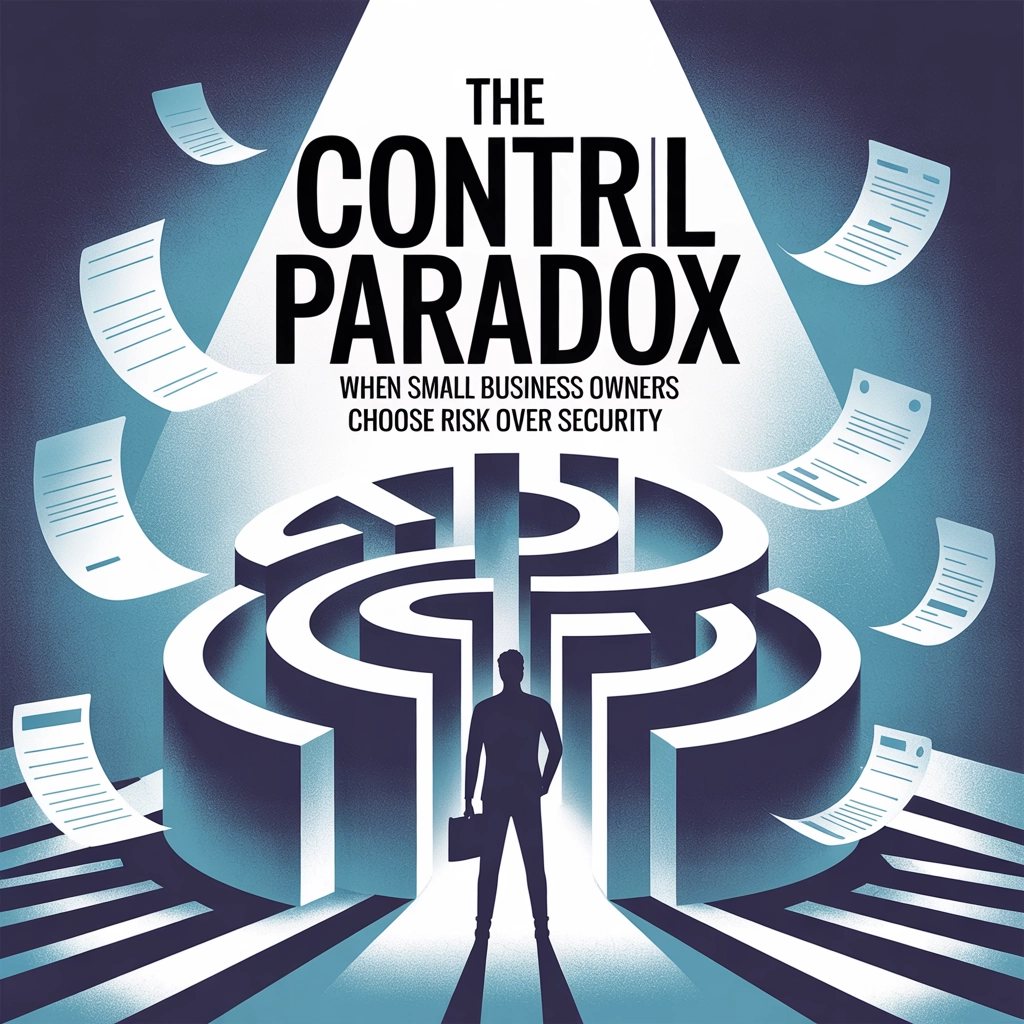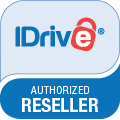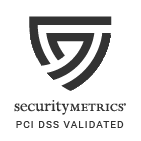Everyone is generally concerned about online security, but older folks who may have had bad experiences in the past, such identity theft or hacking, may be especially concerned. Avoiding online purchases entirely may make some people feel safer. On the other hand, avoiding internet activity can put people at higher risk. This book explains how to keep secure online without sacrificing the advantages of digital tools and why being overly cautious might have unexpected repercussions.
1. The Risks of Avoiding Online Transactions
Many senior citizens believe that staying away from online shopping, banking, and other digital activities shields them from theft and fraud. However, they lose out on security protections meant to protect users by avoiding these services. For instance, the majority of banks provide safe access, fraud monitoring, and rapid fraud warnings, all of which can aid in the early detection of suspicious activity. You run a higher risk of fraud going unnoticed if you skip internet banking since you might be less alert of odd account behavior.
2. The Benefits of Digital Security Measures
Online services have built-in protections that paper-based or offline methods lack. For example:
- Encryption: This technology scrambles data so that it can only be read by authorized parties, protecting your information during transactions.
- Two-Factor Authentication: Many online services ask for a second form of identification, like a texted code, before granting access, making it much harder for someone else to log in.
- Real-Time Monitoring: Online banking and credit monitoring services can notify you immediately of unusual activity, helping you catch issues quickly.
When you avoid online services, you miss out on these advanced protections that make modern transactions safer than ever.
3. Offline Risks Are Real, Too
Although they have their own risks, people frequently believe that cash transactions or paper statements are safer. Paper records may be misplaced, lost, or stolen from your mailbox. Since cash transactions don’t leave a record, it can be challenging to track down and retrieve money in the event of an issue. On the other hand, online transactions provide a digital trail that may be used to monitor and address problems as they arise.
4. Finding a Balance: How to Stay Safe Online
While online transactions are generally safe, you can take simple steps to further protect yourself without opting out entirely:
- Use Strong Passwords: Create unique passwords that combine letters, numbers, and symbols. Avoid common words or easily guessable information.
- Set Up Two-Factor Authentication: For services that offer it, enable two-factor authentication to add an extra layer of security.
- Monitor Accounts Regularly: Make it a habit to check your bank accounts, credit card statements, and credit report frequently. This way, you can quickly catch any unusual activity.
- Be Aware of Scams: Common scams, like phishing emails or phone calls asking for personal information, are designed to trick you. If something feels off, don’t provide any information, and check with a trusted source directly.
5. Seeking Help: Resources for Digital Literacy and Security
Think about enrolling in a class or seeking assistance if you’re uncomfortable using technology. Numerous elder centers, libraries, and community centers provide free online safety training. Gaining knowledge about these tools will enable you to use them with assurance.
6. Why Staying Connected is Worth the Effort
Completely avoiding online activity might seem safer, but it can make it more difficult to purchase, handle money, and communicate with loved ones. You may take use of the advantages of the digital world without taking needless risks if you know how to keep safe online.
When you use online services responsibly, you can be safer than if you try to avoid them because they are made with security in mind. Stay connected, embrace the advantages, and exercise safety. Don’t let needless concerns keep you from taking advantage of all that the digital world has to offer!
Share this:
- Click to share on Facebook (Opens in new window) Facebook
- Click to share on Tumblr (Opens in new window) Tumblr
- Click to share on X (Opens in new window) X
- Click to share on Pocket (Opens in new window) Pocket
- Click to share on Pinterest (Opens in new window) Pinterest
- Click to share on LinkedIn (Opens in new window) LinkedIn

